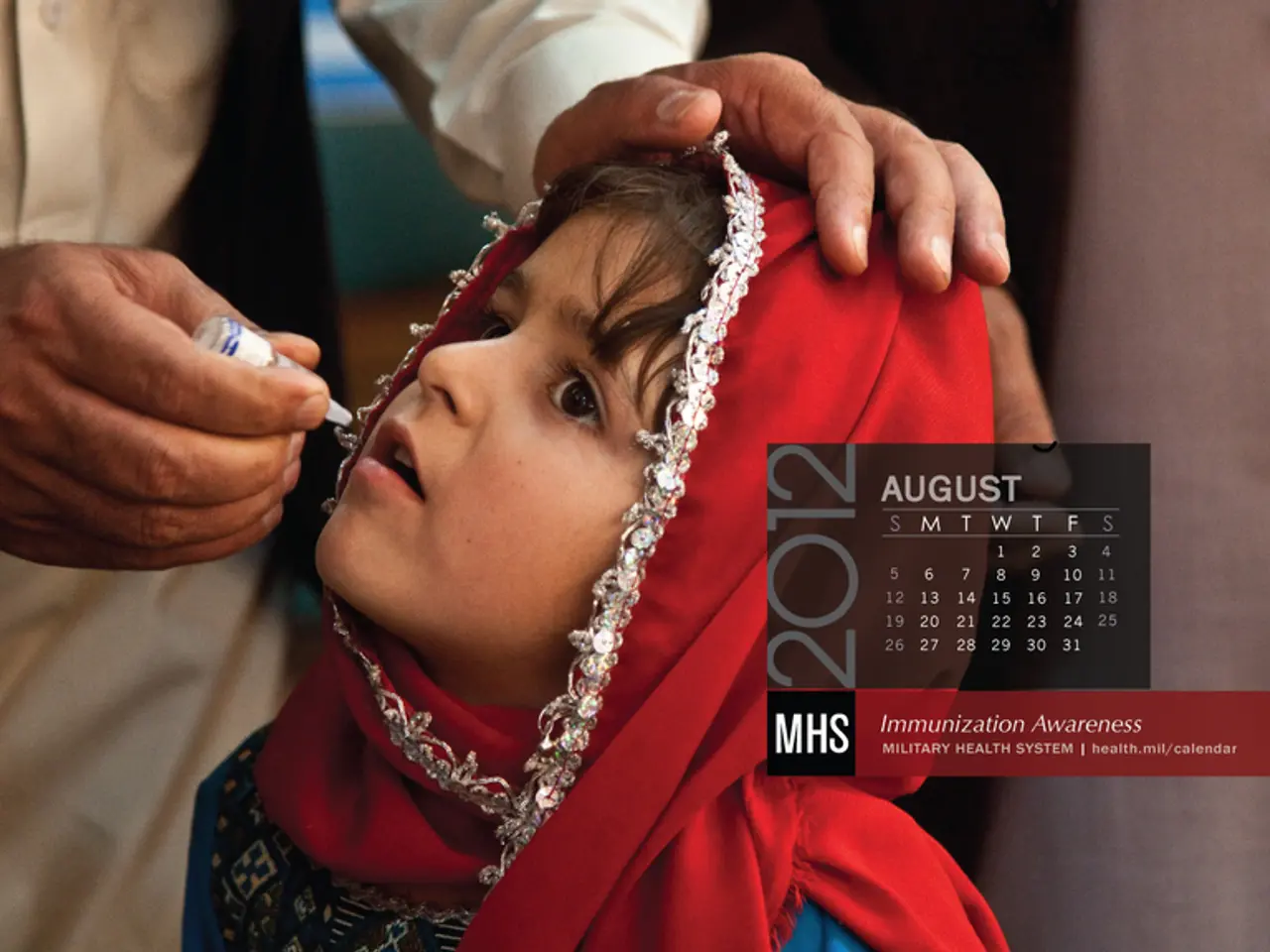Steps for Maintaining Your Health While Traveling Abroad: Travel Advisory
For women of a certain age planning an international adventure, thorough medical preparation is crucial to ensure a safe, informed, and healthy journey. Here are some key steps to take before embarking on your travel.
First and foremost, consult your healthcare provider to complete any routine health or dental care before departure and confirm all vaccinations are up to date. Discuss medication refills with your doctor, who can authorize up to a 90-day supply of prescriptions to take with you. Understand your health insurance coverage, deciding whether to purchase additional travel health insurance, as some policies may require upfront payment overseas and subsequent claims for reimbursements.
Identifying providers for chronic or ongoing medical conditions in the destination country is also essential. This will ensure that you have contacts for follow-up care as needed. Prepare a detailed medical record, including prescriptions, test results, and treatment summaries, to facilitate continuity of care abroad.
Packing a medical kit is vital. Include all prescription medications in their original labeled containers, packed in your carry-on to prevent loss and ensure access during travel delays. In addition, pack a basic medical kit with items such as band-aids, pain relief medication, hand sanitizer, and any health-related products you regularly use. Don't forget health supplements you regularly take, menstrual products if needed, personal hygiene supplies, including sunscreen with SPF, copies of important medical documents and identification, and a travel health kit with over-the-counter remedies and essentials.
Researching healthcare options and pharmacies at the destination is also essential. Identify both public and private healthcare facilities, noting that private hospitals may offer quicker access and English-speaking staff but often at higher costs, while public healthcare may have longer waits but lower fees. Identify local pharmacies and understand medication availability or restrictions; bring necessary medications from home to avoid issues abroad. Maintain a detailed record of all healthcare received abroad, including prescriptions and treatment summaries, to assist with future care or insurance claims.
Registration in the U-M Travel Registry is essential for university-related activities, and U-M international health insurance is required for university-related travel and available for personal trips. The International Association for Medical Assistance to Travelers (IAMAT) maintains a network of English-speaking doctors that can provide valuable assistance in navigating complex medical care abroad.
Other tips include packing over-the-counter medications such as anti-diarrheals and laxatives, earplugs to protect your hearing from noise in crowded environments, insect repellent containing DEET to protect against mosquitoes and other biting insects, and a travel health kit with water purification tablets or a portable water filter for clean, safe drinking water.
Managing specific health issues may require additional precautions, such as necessary vaccinations or preventive measures against travel-related illnesses. Pack a copy of your glasses or contact lens prescription, necessary supplies, and a glasses repair kit. Protecting your oral health by scheduling a dental check-up before your trip for persistent dental issues or concerns is also advisable.
In summary, thorough planning is essential for a safe and fulfilling international adventure. By following these tips, women of a certain age can manage their unique medical needs, ensuring a healthy and enjoyable journey abroad.
- Before traveling, consider investing in travel health insurance to cover any unforeseen medical expenses, especially if your current insurance has restrictions or requires upfront payment overseas.
- To maintain a healthy lifestyle during travel, pack a comprehensive medical kit with essential medications, supplements, menstrual products, and health-related items in your carry-on bag for easy access during unexpected delays.
- For women looking to prioritize their health-and-wellness and womens-health, it's important to consult healthcare providers and identify providers in the destination country for follow-up care as needed, while also researching healthcare options and pharmacies at the travel location to ensure continuity of care.






